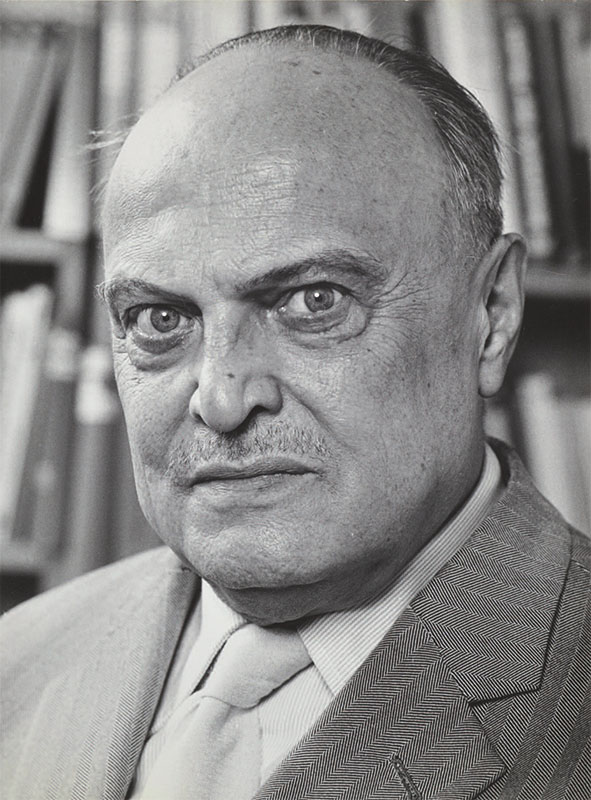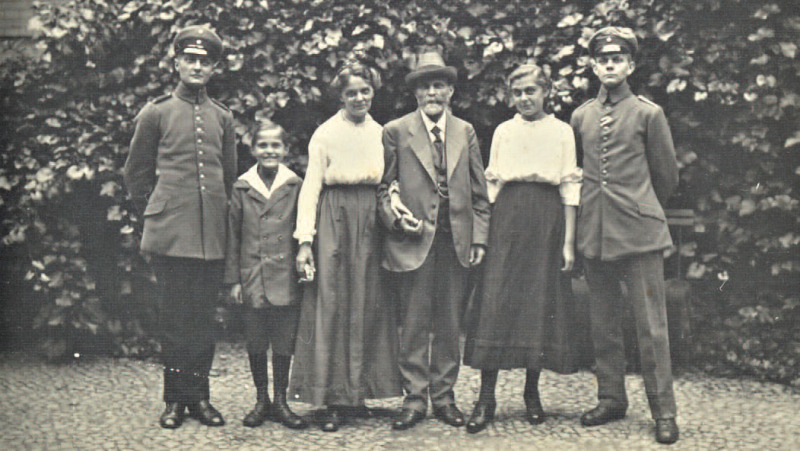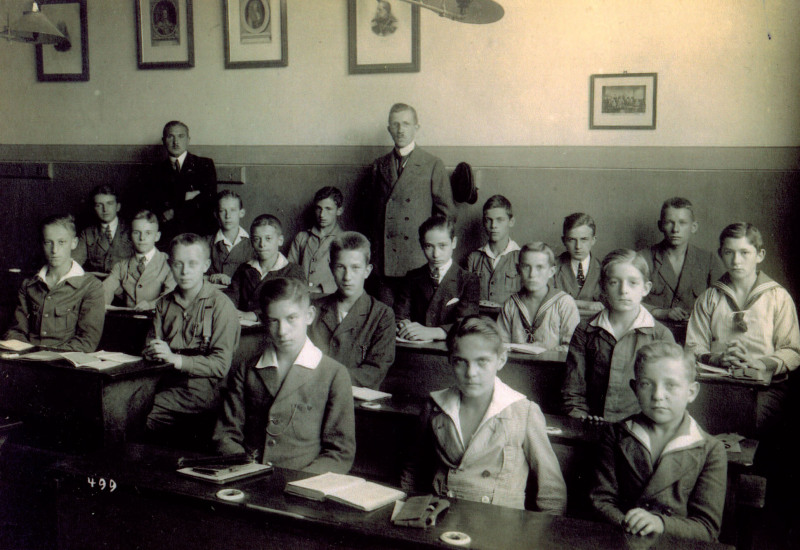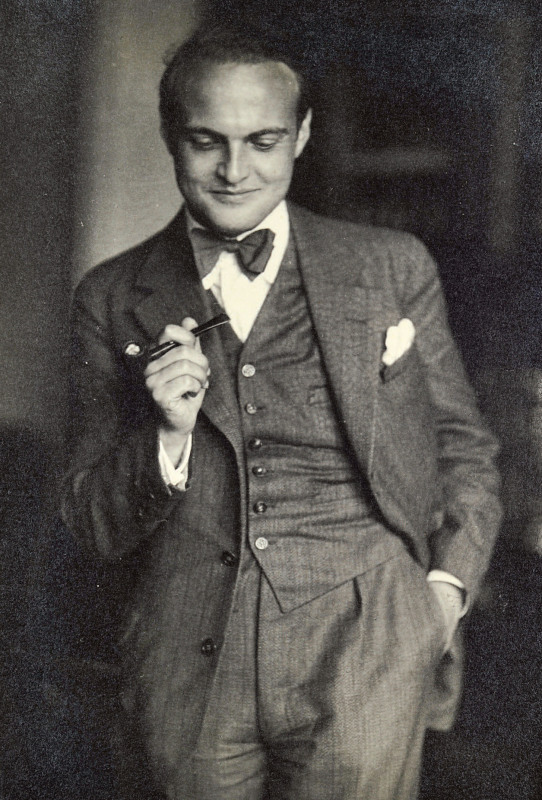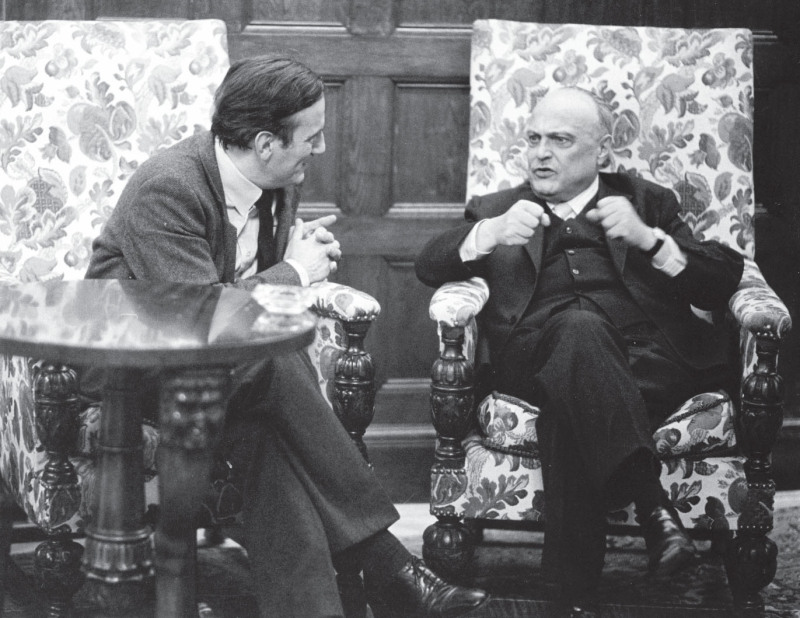Sebastian Haffner was a “role model (…) as a democrat, as a patriot and as a historical teacher. (…) For him, historiography was an art”.
Peter Bender (1923-2008, historian and publicist) on the occasion of the naming of the Education and Culture Centre on 12 December 2007.
Sebastian Haffner (1907–1999) | English translation
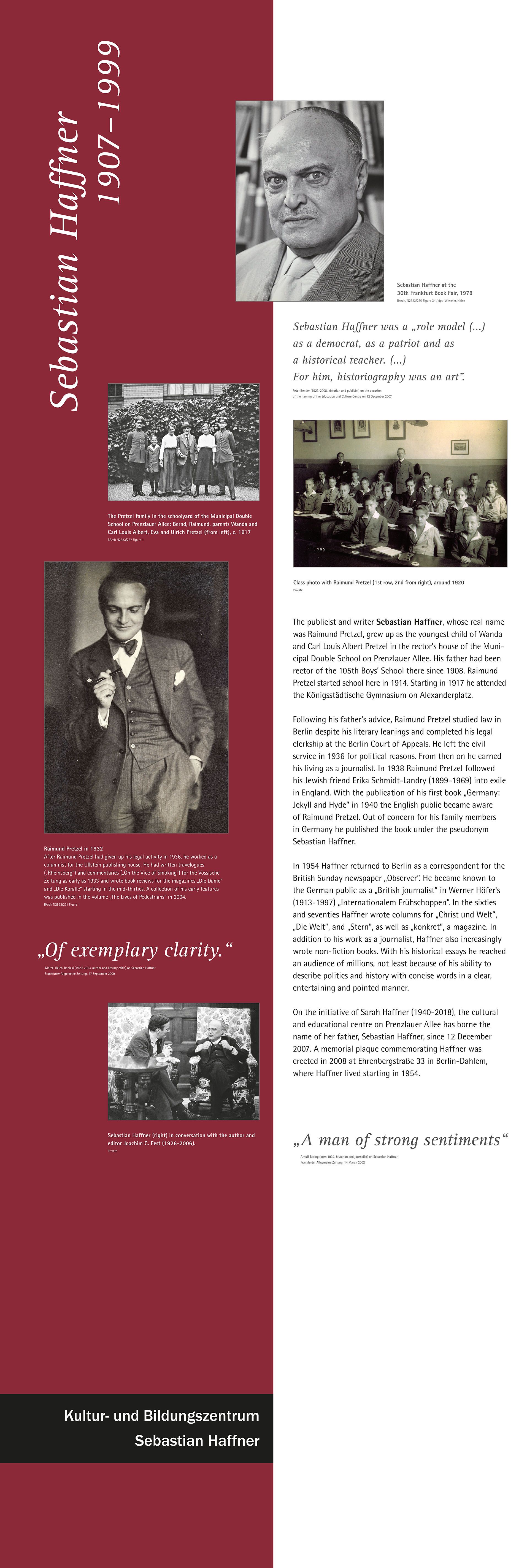
-
Denkzeichen, Stele, Sebastian Haffner (1907–1999), English translation
PDF-Dokument (5.3 MB)
Dokument: Museum Pankow / Grafik: Kerstin John -
Denkzeichen, Stele, Sebastian Haffner (1907–1999), English translation
JPG-Dokument (1.3 MB)
Bild: Museum Pankow / Grafik: Kerstin John
Museumsstandort Prenzlauer Allee
Kultur- und Bildungszentrum Sebastian Haffner
Verkehrsanbindungen
-
Bus
-
U Senefelderplatz
- N2
- U2
-
U Senefelderplatz
-
Tram
-
Knaackstr.
- M2
-
Knaackstr.
Fachbereichsleiter:
Bernt Roder
Sekretariat:
Vorderhaus, 2. OG | ![]()
Aktuell nicht besetzt
Tel.: (030) 90295-3917
E-Mail
Öffnungszeiten
Ausstellungen:
Halle und Haupthaus | ![]()
Dienstag bis Sonntag,
10.00 bis 18.00 Uhr
(feiertags geschlossen)
Archiv / Lesesaal
Haupthaus, Raum 208 | ![]()
Tel.: (030) 90295-3912
Um Nachforschungen bestmöglich unterstützen zu können, benötigen wir konkrete Angaben zu Ihrem Recherchethema. Nutzen Sie hierfür das Kontaktformular oder rufen Sie uns an. Zur persönlichen Einsichtnahme vereinbaren wir dann individuell einen Termin.


